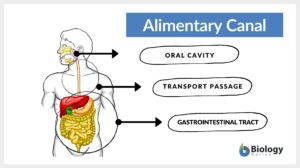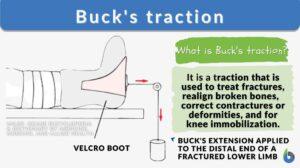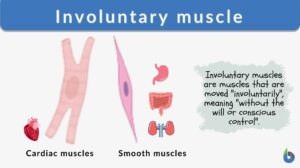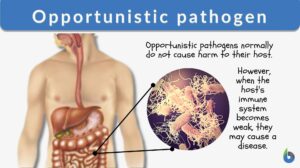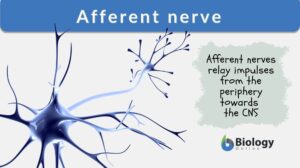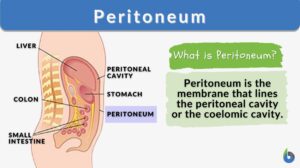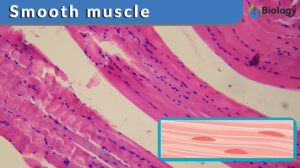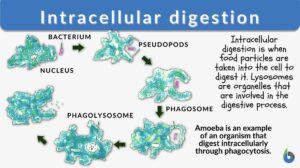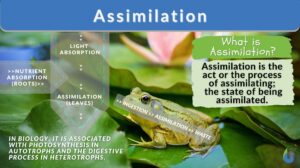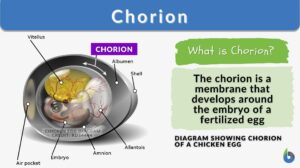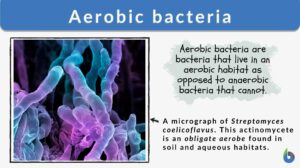Search Results for: tract
Alimentary canal
Definition of Alimentary canal What is the alimentary canal? The alimentary canal is a muscular hollow continuous tubular... Read More
Peristalsis
What is Peristalsis? Peristalsis is the series of involuntary, wave-like muscle movements in the cylindrical, hollow tube... Read More
Digestion and Absorption of Food
The gastrointestinal (GI) system includes the gastrointestinal tract (mouth, pharynx, esophagus, stomach, small intestine,... Read More
Buck’s traction
Buck's Traction Definition Buck's traction for femur fracture is very helpful. It can be utilized in the treatment and... Read More
Involuntary muscle
A muscle act typically either under the control of the will or without conscious control. Muscles that can be controlled at... Read More
Iliopubic tract
Iliopubic tract Thickened inferior margin of the transversalis fascia seen as a fibrous band running parallel and posterior... Read More
Tractus temporopontinus
tractus temporopontinus --> temporopontine tract A fibre group originating in the cerebral cortex of the temporal lobe,... Read More
Septomarginal tract
septomarginal tract See: semilunar... Read More
Anterolateral system
Definition noun A composite bundle of fibers in the ventral half of the lateral funiculus of the spinal cord, and comprised... Read More
Epithelium
An epithelium is a type of animal tissue made up of densely packed cells (called epithelial cells) that rest on a basement... Read More
Muscular system
Muscular System Definition What is the muscular system? The muscular system is a system that includes muscle cells and... Read More
Fasciculus of Lissauer
Definition noun A small bundle of fibers situated longitudinally in the white matter, at the entrance of the dorsal root... Read More
Why Non-Human Primates Don’t Speak Like Humans
Summary: Why are non-human primates unable to speak like humans? A widely-accepted theory associated it with their lack of... Read More
Enterococcus faecalis
Definition Non-motile, gram-positive, facultatively anaerobic, microbial species that normally dwells in the... Read More
Opportunistic pathogen
Opportunistic Pathogen Definition How do we define opportunistic pathogen? The opportunistic pathogen is an infectious... Read More
Kidneys and Regulation of Water and Inorganic Ions
Renal Functions Kidneys remove/add substances from/to the plasma. Regulate water concentration, inorganic ion... Read More
Regulation of Organic Metabolism, Growth and Energy Balance
Organic Metabolism Events of Absorptive and Post-absorptive States. The absorptive state is the period during which... Read More
Decomposer
Decomposer Definition The organisms that carry out the process of decay or breakdown of the dead organism are known as... Read More
Afferent Nerve
Afferent Nerve Definition The word ‘aferent’ means "steering or conducting something towards a destination". The... Read More
Fasciculus dorsolateralis
Fasciculus dorsolateralis --> dorsolateral fasciculus a longitudinal bundle of thin, unmyelinated and poorly myelinated... Read More
Glycocalyx
What is the Glycocalyx? The glycocalyx is a polysaccharide-based gel-like, highly hydrous cellular thin layer, covering... Read More
Peritoneum
What is the Peritoneum? The term peritoneum refers to the serous membrane that constitutes the biologically active inner... Read More
Smooth muscle
The smooth muscle can be described as a type of muscle in the human body that is non-striated and involuntary in action.... Read More
Commensalism
Commensalism Definition What is commensalism? Literally, commensalism is a Latin word that means ‘to eat at the same... Read More
Intracellular digestion
Intracellular Digestion Definition What is intracellular digestion? ‘Intra’ means "inside" and ‘cellular’ pertains... Read More
Serratia marcescens
Definition Noun A gram-negative motile and non-endospore forming rod bacterium associated with hospital acquired infections... Read More
Prostaglandin
Definition noun, plural: prostaglandins A group of eicosanoids, structurally characterized as 20-carbon unsaturated fatty... Read More
Enterobacter aerogenes
Definition Noun A gram-negative rod shaped motile and encapsulated bacterium and have peritrichous flagella that surrounds... Read More
Peptic ulcer
Definition noun, plural: peptic ulcers An ulcer in certain areas in the gastrointestinal tract caused in part by diminished... Read More
Digestive system
Definition noun A system of organs in which the major function is to convert food into simpler, absorbable nutriments to... Read More
Assimilation
Assimilation Definition What is assimilation? Assimilation in biology is defined as the process in which living organisms... Read More
Spermatogenesis
Spermatogenesis Definition Spermatogenesis is the biological process of producing sperm cells. It occurs in the male gonad... Read More
Longitudinal section
Longitudinal Section Definition To describe the direction of movements and location of different body structures, a... Read More
Aerobic bacteria
Aerobic Bacteria Definition What does aerobic mean in biology? As the name suggests, 'aerobe' in biology means organisms... Read More
Hypertonic solution
Hypertonic Solution Definition Hypertonic solution is a relative term that describes the solution having a higher amount of... Read More
